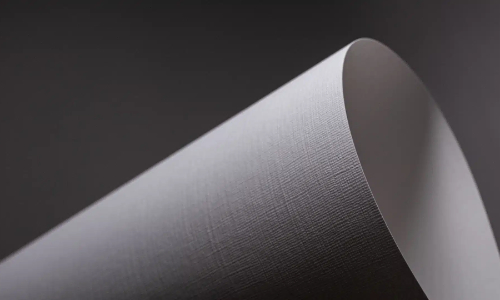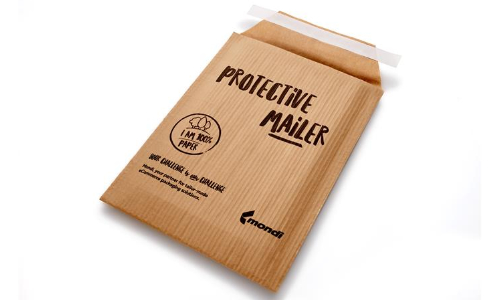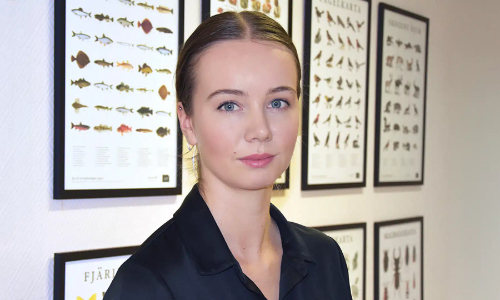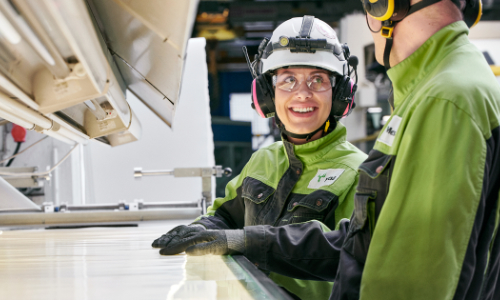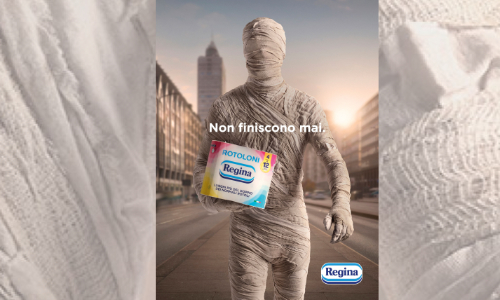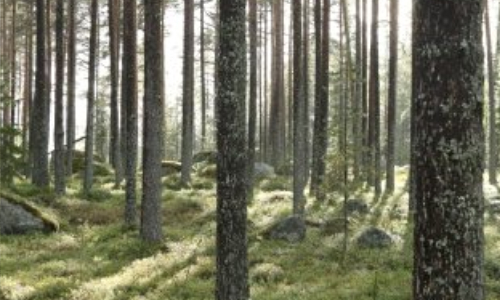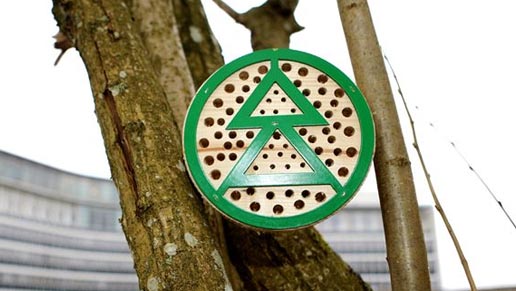
Single rooms, thousands of vacancies, sunny location and brand new. To promote natural diversity, Södra is placing 5,500 bee hotels in its members’ forests and gardens. The hotels are designed to accommodate solitary bees and the guests will hopefully move in this spring.
5,500 bee hotels were distributed at Södra’s local annual meetings in March. The aim of the hotels is to increase the number of solitary bees and promote natural diversity, which will improve pollination and lead to higher yields of fruit and berries.
“Several reports have shown how the number of pollinating insects has declined throughout the 2000s. With a minimum of resources, we can all be proactive and make a valuable contribution to beneficial insects like solitary bees,” said Klara Joelsson, ecologist at Södra.
Solitary bees do not build large colonies in beehives like honey bees. There are almost 300 species in Sweden, of which 100 are included on the Red List of Threatened Species. Bee hotels provide a nesting place where they can lay their eggs. Solitary bees are prolific pollinators and contribute to higher yields of fruit and berries.
“Bees play a vital role as pollinators of crops and wild plants, and are key contributors to natural ecosystem functions. Pollinating insects are extremely important for both humans and nature,” said Klara Joelsson.
FACTS HOTEL BIOLOGY
You can put up your hotel from early spring to late autumn, because it provides a nesting place as well as protection from cold weather. The hotels are made in Åryd, outside Växjö in southern Sweden, by Jörgen Karlsson.
- Relaxation and safety
- Thousands of vacant rooms
- A south-facing position
- All-you-can-eat buffet
- New-build
- Single rooms
The bee hotel is made from pine wood, and Södra’s logo is painted on water-resistant pine plywood.



